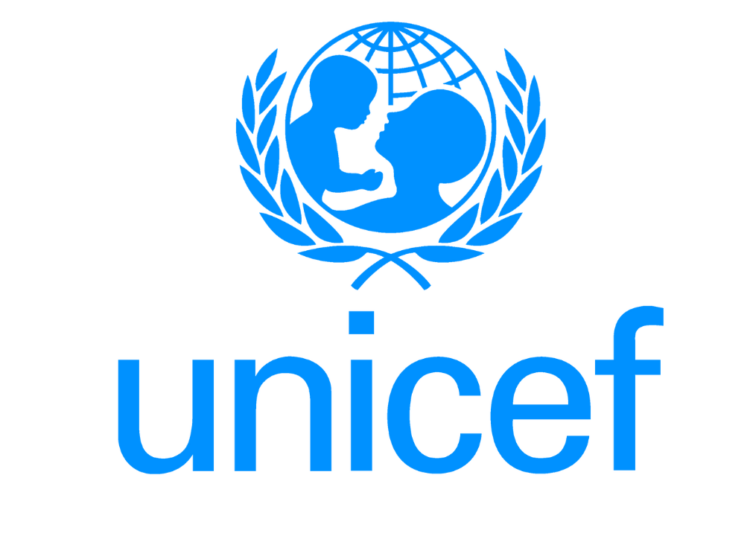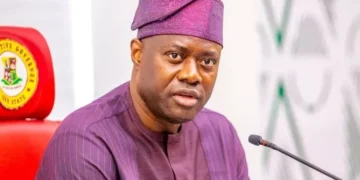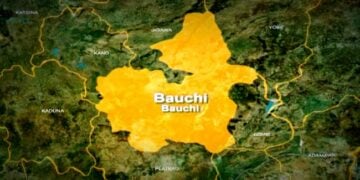The United Nations Children’s Fund (UNICEF) has called on the Katsina State Government to significantly increase its domestic resource allocation for the health sector. The fund cites the need for stronger, more resilient systems amid declining global donor support.
The appeal was made during the official signing of the 2025–2027 Katsina State-UNICEF Multi-Year Workplan at the Government House, where UNICEF, represented by Health Manager at UNICEF Kano Field Office, Dr Sereke Seyoum Deres, emphasised the importance of local investment in critical sectors, particularly health and nutrition.
Speaking on behalf of Mr Rahama Rihood Mohammed Farah, Chief of UNICEF Field Office Kano, Dr Seyoum highlighted the achievements of previous collaborations but stressed that sustaining these gains requires a greater commitment from the state government.
“With global donor funding on the decline, the Katsina State Government must increase domestic funding to health and related sectors,” he stated.
“This will ensure continuity, sustainability, and ownership of essential services for women and children.”
The newly signed multi-year work plan outlines strategic priorities in health, nutrition, education, WASH (Water, Sanitation, and Hygiene), child protection, and social policy, all of which aim to improve the outcomes for children and families in the state.
UNICEF described the agreement as more than just a document, calling it a “shared vision” for a brighter future.
While commending the state government’s efforts—especially initiatives like Hadaka and MCH-Track UNICEF urged the administration to scale up its financial support.
The organisation also highlighted the urgent need to address vaccine refusal at the local level and called for aggressive mobilisation against polio, which remains a significant threat to children’s health in the state.
UNICEF also encouraged the government to invest in early childhood education and fast-track the state’s journey toward being declared Open Defecation Free (ODF). This goal could make Katsina the second state in Nigeria to achieve such status.
The event concluded with a reaffirmation of UNICEF’s support for the Katsina State Government. Dr Seyoum emphasised that “increased domestic funding will be critical in ensuring no child in Katsina is left behind.”
In his remark, Governor Umaru Dikko Radda thanked UNICEF for supporting the state and stressed its administration’s commitment to the education and health sectors.
He said the government had invested over N120 billion in education to tackle the number of schoolchildren in the state.
“As we embark on this new work plan, I want to emphasise our focus on enhancing child education. We recognise the critical role education plays in shaping our children’s future and our state.
“Our administration has prioritised investment in education to increase access to quality learning opportunities for all. Try to reduce out-of-school children.
“The government has invested over N120 billion in education; we constructed over 160 schools and classrooms, 81 boreholes and 46 toilets, as well as rehabilitating over 500 classrooms”, he said
The governor then assured UNICEF of continued partnership, providing counterpart funds to ensure the project’s success.











